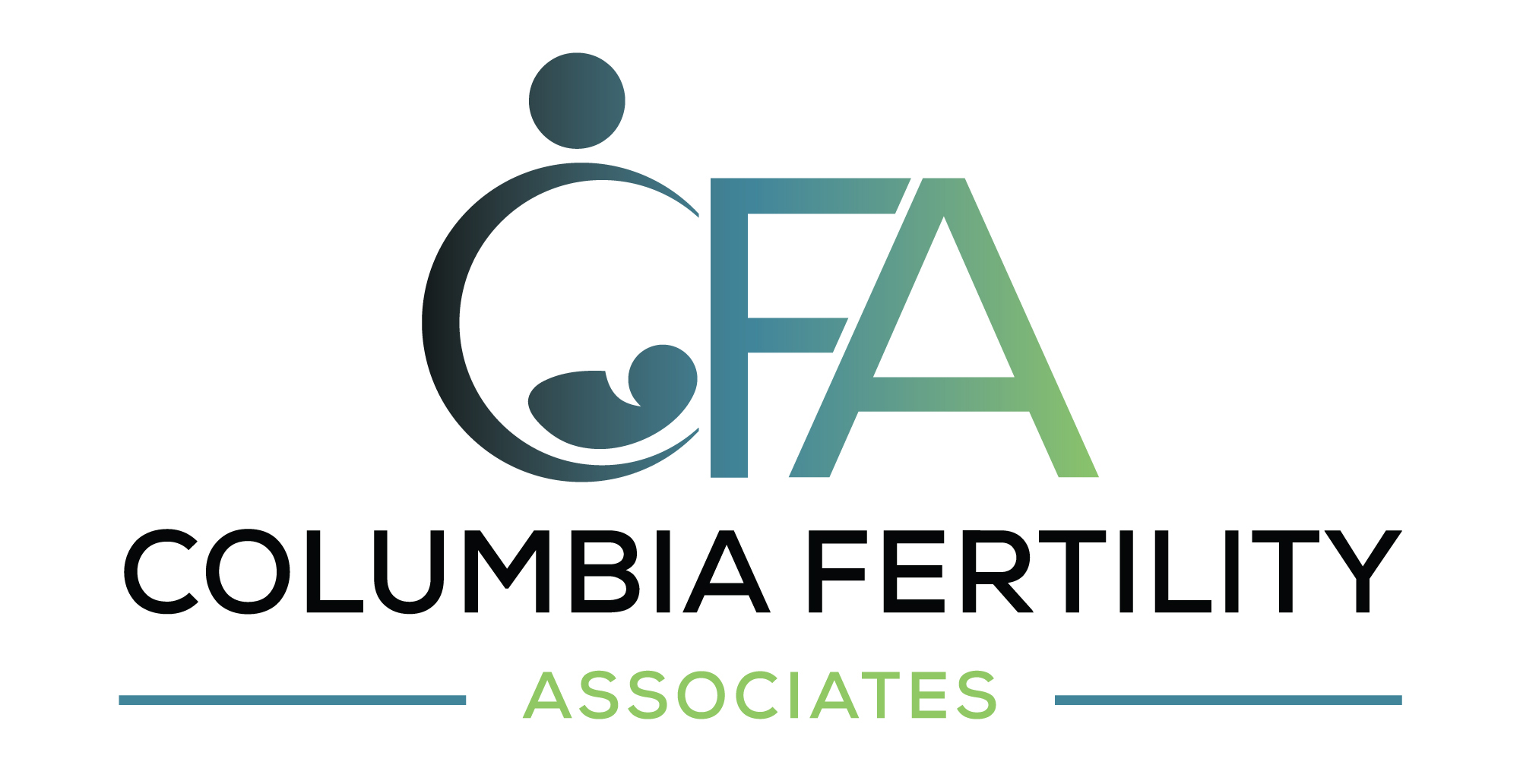Getting ready to have a baby is one of the most exciting times of your life. You’ve started taking your prenatal vitamins and you’ve upped your intake of fruits and vegetables.
But when your doctor tells you you’re not at a healthy weight, and that this might affect your fertility, you’re surprised. The OB/GYN experts at Columbia Fertility Associates understand that many factors can interfere with conception — and being either underweight or overweight is one of them.
What happens when you’re overweight
If your body mass index (BMI) is above 25, you may take twice as long to get pregnant as you would at a healthy weight. Your ovaries produce the hormone estrogen, which regulates your menstrual cycle. But fat cells also produce estrogen.
When your BMI is too high, your fat cells expand and increase their production of estrogen. High estrogen levels signal your body that it’s pregnant, and so your period stops. That’s how hormonal birth control works, too: by increasing your estrogen levels. Theses therapies stop your ovaries from releasing eggs.
Obesity can also be a symptom of a condition called polycystic ovary syndrome (PCOS), which compromises fertility. If your Columbia Fertility Associates OB/GYN diagnoses you with PCOS, they may prescribe medications that stimulate ovulation, such as clomiphene, gonadotropin, and metformin.
If you don’t have PCOS, your doctors may recommend lifestyle changes, such as a whole-foods diet and moderate exercise. They also can refer you for medically supervised weight loss, if needed. Losing just 5-10% of your excess pounds could increase your fertility.
What happens when you’re underweight
Many women and men in our culture believe that being underweight is healthier than being overweight. However, being too thin (BMI less than 18.5) also has health consequences, including infertility.
When you’re too thin, have an eating disorder, or work out excessively, your body stops producing estrogen. Without estrogen, your ovaries stop releasing eggs, and your periods stop, too.
If you have an eating disorder, such as bulimia or anorexia nervosa, your Columbia Fertility Associates specialist can refer you to a specialist so you can regain your health. If you’re simply underweight, your OB/GYN makes lifestyle recommendations that help you gain pounds through healthy eating. You may need to cut back on or modify your workouts so that your body produces estrogen again.
Your partner’s weight counts, too
Men’s hormones are also affected by their weight. Being too heavy or too thin may slow their production of testosterone, the hormone that helps them create healthy, motile sperm. If you’re having trouble conceiving, your fertility specialists tests and examines both you and your partner to identify any possible issues and then custom designs treatment plans to resolve them.
Healthy weight gain in pregnancy
Once you’ve achieved a healthy weight and become pregnant, be sure to maintain your healthy habits. If your BMI is normal (18.5-24.9), you should only gain 25-35 pounds over the course of your pregnancy.
If you’ve been frustrated by your attempts to become pregnant, get help from the experts at Columbia Fertility Associates. Choose from three convenient locations in Washington, DC; Bethesda, Maryland; and Arlington, Virginia. Give us a call or click the button to get started online.









